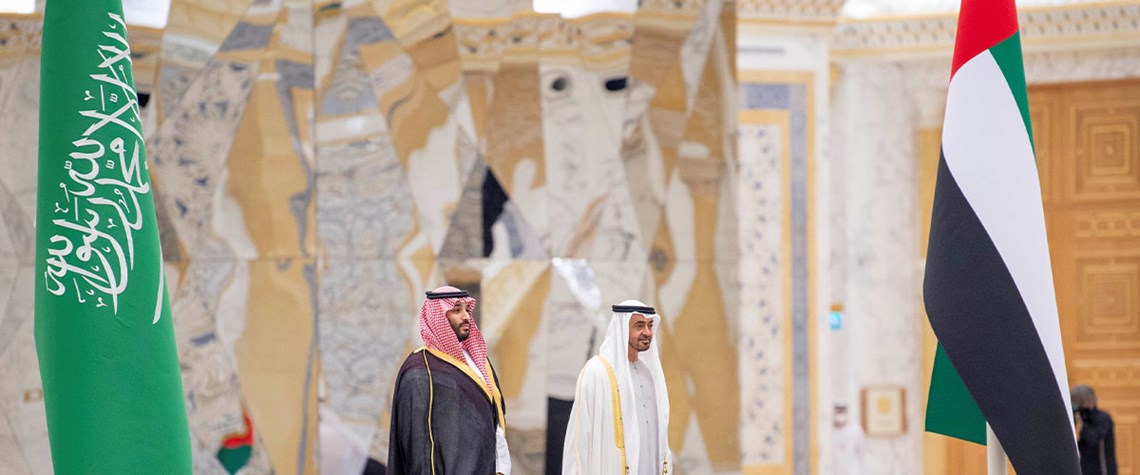Letter from the Middle East: Buyers call for more
Western countries want Mideast Gulf producers to boost output, but the options are limited
Russia’s invasion of Ukraine has put many Middle Eastern countries in a tricky position politically, but it has reinforced their centrality to the global energy economy. Mideast Gulf countries complain that Western leaders only visit when they need them. They bemoan a lack of support over attacks on energy infrastructure emanating from the Houthi forces in Yemen, and the Biden administration’s pursuit of a renewed deal with Iran. As the only two Opec+ members with substantial spare oil production capacity, Saudi Arabia and the UAE have been implored by the US, Germany and the UK to raise output. Both are engaged in multi-year expansion programmes. Riyadh responded coldly that it would not be

Also in this section
18 February 2026
With Texas LNG approaching financial close, Alaska LNG advancing towards a phased buildout and Magnolia LNG positioned for future optionality, Glenfarne CEO Brendan Duval says the coming year will demonstrate how the company’s more focused, owner-operator approach is reshaping LNG infrastructure development in the North America
18 February 2026
The global gas industry is no longer on the backfoot, hesitantly justifying the value of its product, but has greater confidence in gas remaining a core part of the global energy mix for decades
18 February 2026
With marketable supply unlikely to grow significantly and limited scope for pipeline imports, Brazil is expected to continue relying on LNG to cover supply shortfalls, Ieda Gomes, senior adviser of Brazilian thinktank FGV Energia,
tells Petroleum Economist
17 February 2026
The 25th WPC Energy Congress, taking place in Riyadh, Saudi Arabia from 26–30 April 2026, will bring together leaders from the political, industrial, financial and technology sectors under the unifying theme “Pathways to an Energy Future for All”







